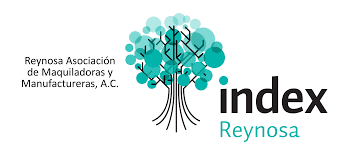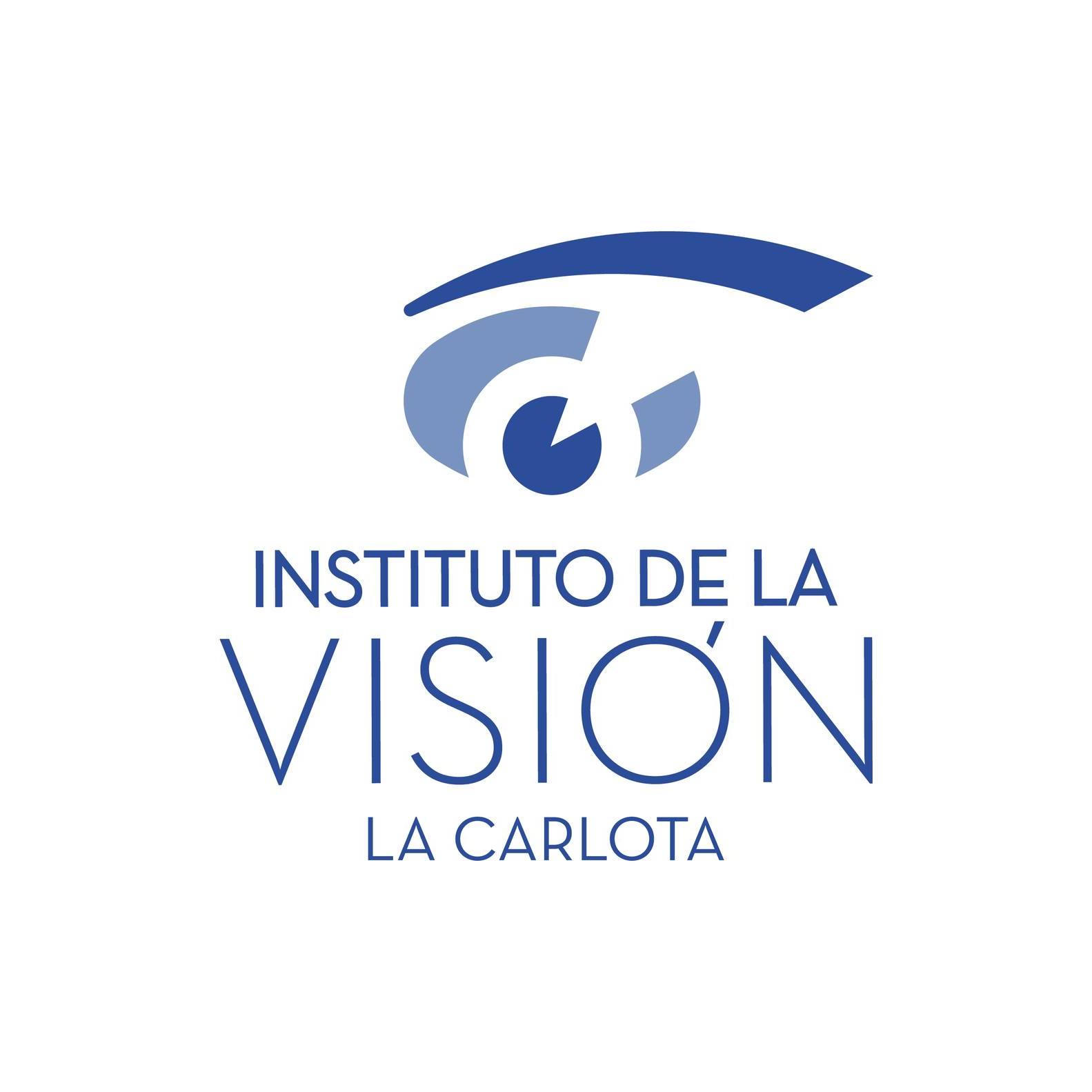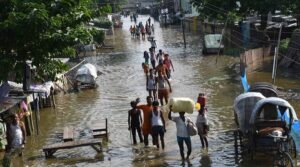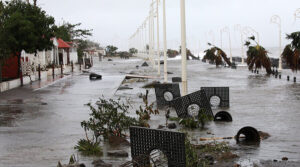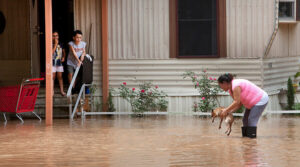- arrow_back Home
- keyboard_arrow_right Sin categoría
Disney Takeover Rumors On Stock Surges Over The World
Sin categoría Administrador 11 octubre, 2017

Price hikes were at the top of the latest “fear rating” released by the Russian state-run pollster VTSIOM.
The latest research, conducted in late June and based on a poll in which respondents were asked to estimate the perceived probability of unpleasant events in their lives, showed the level of psychological tension in Russian society had increased.
Specifically, the level of anxiety connected with the most widespread fears surpassed similar parameters registered one and two years ago.
A short summary of the results, published on the VTSIOM website on Monday, says that the fears connected with inflation and possible depreciation of savings remain the most intense and widespread among Russians – the index for this category increased to 27 points from 23 points in just one month.
Fears of military conflict ranked second with 20 points, an increase from 19 percent in May.
Concerns over health problems and various difficulties connected with access to healthcare were in third place with 8 points, up from 0 points in January.
Fears over the possibility of internal conflict and unrest peaked in April this year, when the index reached 6 points (from -5 points at the beginning of the year).

Researchers noted that the pattern repeated with the index that registered Russians’ fear of crime – it jumped from 1 point in January to 7 points in April, but dropped to 3 points in June.
The perceived risks of a decrease in personal income and loss of employment also increased in June when compared to the start of 2017, from -11 to -3 and from -24 to -18 respectively.
Fears of family problems were in last place in the rating, and June’s index of -47 points was below the value of 2015 and 2016.
The fear index is indicated by asking respondents to assess the probability of certain events for them personally on a scale from -100 to 100 (from ‘impossible’ to ‘bound to happen’).
VTSIOM researcher Oleg Chernozub noted in comments that the research had demonstrated that the previously recorded general optimism and hopes for a prompt end to economic problems were dwindling.
Despite this growing anxiety, a different poll conducted by the independent public opinion research center Levada in June this year showed that 70 percent of Russians currently want the nation’s political and economic course to remain unchanged, while only 19 percent want the authorities to reach a compromise with Western nations, even if this requires some tradeoffs. The rest remain undecided.
Buscar artículo

